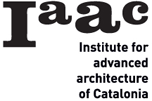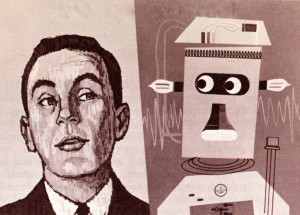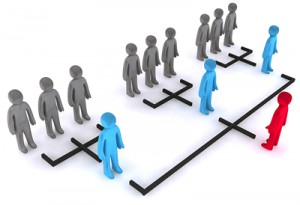The notions of Robotics in architecture put forward in Nicholas Negroponte’s ‘toward a theory of architecture machines’ play with the idea that machines come from an intelligent creator and they “perform well when told exactly how to do something”. As it stands now, machines are used for the monotonous tasks of design, the real design is done by the human. So he puts forward the idea of evolution of machine and relationship between Machine and Designer.
Evolution of Machine :
Nicholas Negroponte talks about a machine that learns by itself. And to explain this he gives forward 5 particular subassemblies as a pert of architecture machine :
- A heuristic mechanism – It is based on thumb ruleswhich drastically limit the search for a solution. Therefore it does not guarantee a solution and look for alternative solutions.
- A rote apparatus – It is a memorizing technique, which after repeated encounter get used to the circumstances and when similar situations are next encountered can give repetitive solutions.
- A continuing device – After repetitive encounters it becomes a habit and each robot gives predefined responses until with little effort.
- A reward solution – A designer observing and evaluating the responses from machine should exhibit his response to direct a machine towards success.
- A forgetting convenience – A machine should be able to unlearn its mistake to continuously evolve and give better and innovative solutions.
Relationship between Machines and Designers :
Negroponte describes a networking system where there is a parent machine(with powerful processor and extensive memory) which is far away from the Designer, but all the architecture machines (Sub-machines) are connected to a parent machine to acquire computing power, stored information and to communicate with other architects and architecture machines.
In the above image Red is Parent Machine, Blue is Architectural Machine and Grey is for Architects.
Negroponte puts forward the dream of having a machine with soul (a true artificial intelligence) that can adapt to task which require more effort than reading scripts and code. The argument then continues on to discuss machines with human characteristics such as sight, he mentions a robot that wanders the city and has opinions of things (a mind of its own).
In my opinion, these notions belong in a sci-fi movie, a thing that is not human will be unlikely to ever be able to carry out tasks beyond those for which it was designed. The subjectivity of human nature is something that no algorithm can replicate in a machine, leave the design to the ‘real’ architect and may the machines make his life easier.
Topic of Research :
I would like to do a research on ‘Use of machine as a tool in evolution of architecture practice’.


